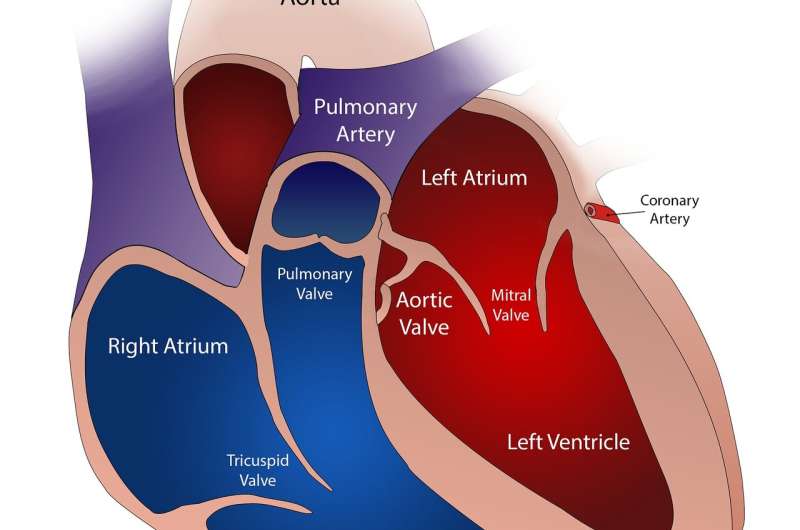More research urgently needed to treat and prevent cardiovascular disease

Heart disease remains the world's leading cause of death, and today top European scientists outlined their battle plans for the coming years, calling for more investment in research.
This call-to-action was produced by the EU-funded ERA–CVD, a coalition of 24 partners including the European Society of Cardiology (ESC).1
"In spite of Cardiovascular Disease (CVD) remaining the main cause of death globally, research—and new medicines available to patients—have declined over the last ten years. Innovative methods and more clinical trials in cardiology are required to ensure that we can address the vast unmet needs we see today," said Professor Tomasz Guzik, Chair of the ESC Research and Grants Committee. "We need to detect CVD earlier and avoid acute events that lead to irreversible damage and chronic illness. A strategic research agenda for CVD at the European level will help ensure that research efforts and investment are directed at the most pressing questions."
CVDs cause more death and disability than cancer – 4 million compared to 2.1 million deaths in 2016 – yet funding for CVD research lags behind. Oncology has the largest share of health and biomedical papers at 23%, compared to just 10% for CVD, suggesting less research activity.
"There is false optimism that cardiovascular disease (CVD) is no longer a public health problem," states the report. In Europe, more than 10,000 patients die of CVD every day. CVD is expected to remain the top reason for death, premature death and disease burden in Europe over the next 20 years.
The document proposes 15 topics for CVD research in three categories: prevention strategies; treatment and management; and living with chronic cardiovascular diseases.
Among the topics are:
- Can wearables help people improve and maintain a healthy lifestyle?
- How to anticipate and prevent heart attack, cardiac arrest, and stroke.
- Using data on genetics, physical and mental health, and socioeconomic status to tailor risk assessment, lifestyle advice, and preventive treatment.
- How CVD interacts with cancer and diabetes and the potential for combined treatments.
- Clarifying the biological, behavioural, and social mechanisms of CVD in women versus men.
- Understanding the crosstalk between cognitive decline and CVD to jointly tackle both conditions.
- Ways to support CVD patients with depression, anxiety, and extreme tiredness.
- What CVD patients and caregivers need and expect from healthcare providers at the end of life.
- Research on new advanced cell-derived therapies to detain the progression of acute heart disease to heart failure
ERA–CVD is set to launch an online survey for patients, the public, healthcare providers, and research scientists to rank the 15 topics. It will be available here: enquetes.agencerecherche.fr/in … x/sid/478641/lang/en
Implementation of the proposed research agenda will require action at EU and national level from ministries, funding agencies, healthcare administrators, and the private sector.
"The burden of CVD is immense and greater than any other condition, yet it receives less research funding," said Professor Lina Badimon, Chair of the ESC Advocacy Committee. "As the next EU framework programme for research 'Horizon Europe' is developed, we call on EU decision-makers to act on this discrepancy by prioritising CVD research. The ERA–CVD Strategic Research Agenda provides a blueprint on how to combat CVDs through basic and translational research."



















